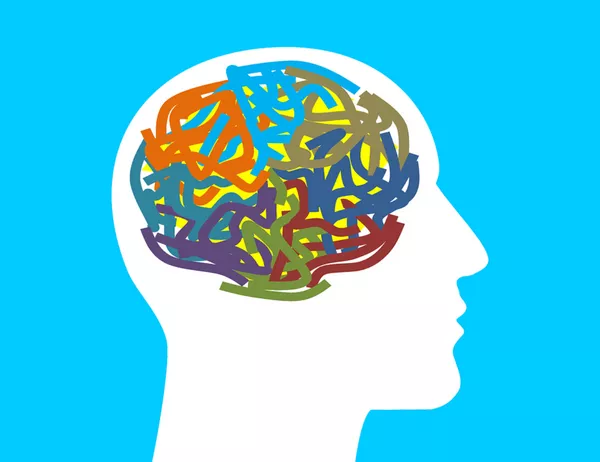PITTSBURGH – After months of intensive investigation, Spotlight PA in collaboration with the Pittsburgh Institute for Nonprofit Journalism (PINJ) has unearthed distressing flaws within Pennsylvania’s system for assessing the mental fitness of individuals facing trial, leading them into a cycle of incarceration that exacerbates their mental health issues.
In a report titled “A Criminal Solution,” the news organizations have brought to light how Pennsylvania’s laws and policies, ostensibly designed to aid individuals with severe mental health challenges who are accused of crimes, often result in counterproductive outcomes. This system frequently ensnares individuals with profound mental health needs in jails, prolonging their detention for low-level offenses, often linked to their mental illness.
The investigation has culminated in a critical panel discussion hosted by Spotlight PA in partnership with Point Park University and PINJ, featuring the gripping story of Rachel Bridgeman, a Georgia woman whose encounter with the Pennsylvania justice system led to months of confinement in Allegheny County Jail while awaiting restoration to “competency” – a legal determination of mental fitness for trial.
Moderated by Brittany Hailer of PINJ and Danielle Ohl of Spotlight PA, the discussion was held at the Center for Media Innovation at Point Park in Pittsburgh.
Here are the key takeaways from the enlightening conversation held in September:
1. Pennsylvania’s Mental Health Care Deficiency: The case of Rachel Bridgeman exemplifies Pennsylvania’s inadequate mental health care system. Upon her initial arrest in the state, Bridgeman disclosed her earlier “mental breakdown” and past treatment for psychosis in her home state of Georgia. Although Allegheny County dropped her initial charges, Bridgeman’s life took a grim turn as she found herself re-incarcerated for shoplifting from a Rite Aid. This sequence of events underscores the common practice of incarcerating individuals with severe mental health issues rather than providing them with the necessary care. Panelist Nev Jones, a psychology and social work professor at the University of Pittsburgh, pointed out that this troubling trend originates from the unfulfilled promise made decades ago – that following the closure of public psychiatric hospitals, the U.S. would make significant investments in community-based mental health services. However, the reality is that many individuals with mental health needs find themselves cycling between emergency rooms, hospitals, shelters, and ultimately, prisons and jails.
2. Prioritizing Lived Experiences: Jeremy Northup, a psychology professor at Point Park University and a panelist, adopts a “human science” approach that emphasizes understanding the experiences of individuals living with mental health conditions. Northup’s work centers on facilitating Hearing Voices groups to help people verbalize their experiences. He highlighted the importance of considering what it’s like to be in such a situation, emphasizing the harsh and isolating nature of state hospitals, jails, and prisons, where individuals with mental health conditions often lose their agency and endure demeaning conditions.
3. Isolation Aggravates Mental Health Crisis: Panelist Tanisha Long, representing the Abolitionist Law Center, played a crucial role in securing Bridgeman’s release from Allegheny County Jail. Long’s advocacy was motivated by her experience working with ALC and her own family’s struggles with mental health crises in carceral settings. She emphasized that experiencing a mental health crisis in jail or prison not only restricts an individual’s ability to advocate for themselves but also hinders their family’s ability to intervene and provide support.
4. Community-Led Solutions: The case of Rachel Bridgeman’s release exemplifies the power of community intervention in addressing the intersection of mental health and incarceration. A network of community members, including another incarcerated individual, Long, ALC attorney Jaclyn Kurin, and Bridgeman’s sister Sarah, collaborated to secure her freedom. While the criminalization of mental health issues is a widespread issue, such interventions are relatively rare but essential.
The discussion concluded by emphasizing the need to treat individuals experiencing mental health crises with compassion and respect, recognizing them as more than their mental illness or crisis behavior. Community-driven initiatives and supportive networks were highlighted as key components of effective solutions.


